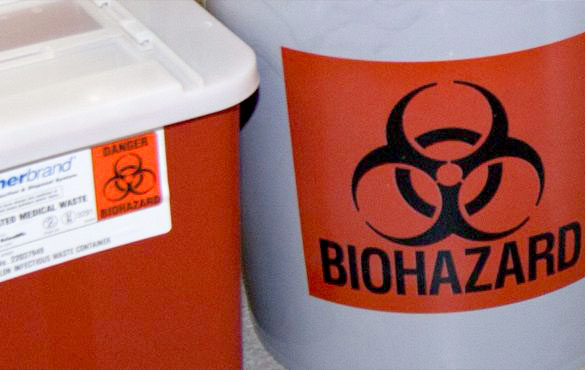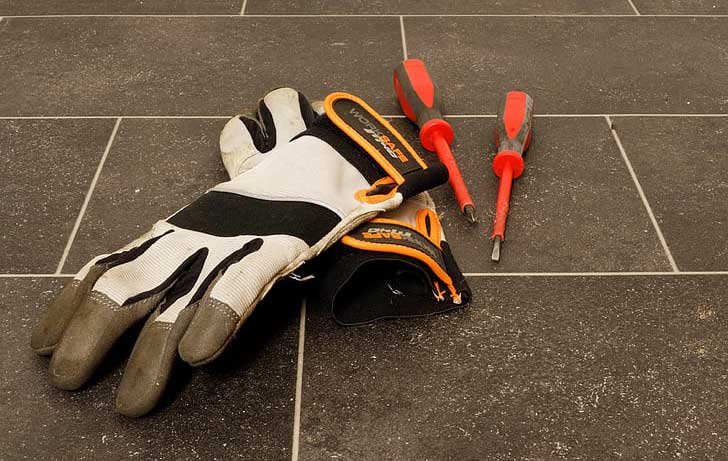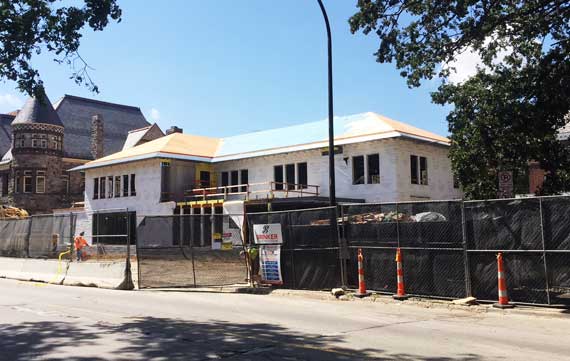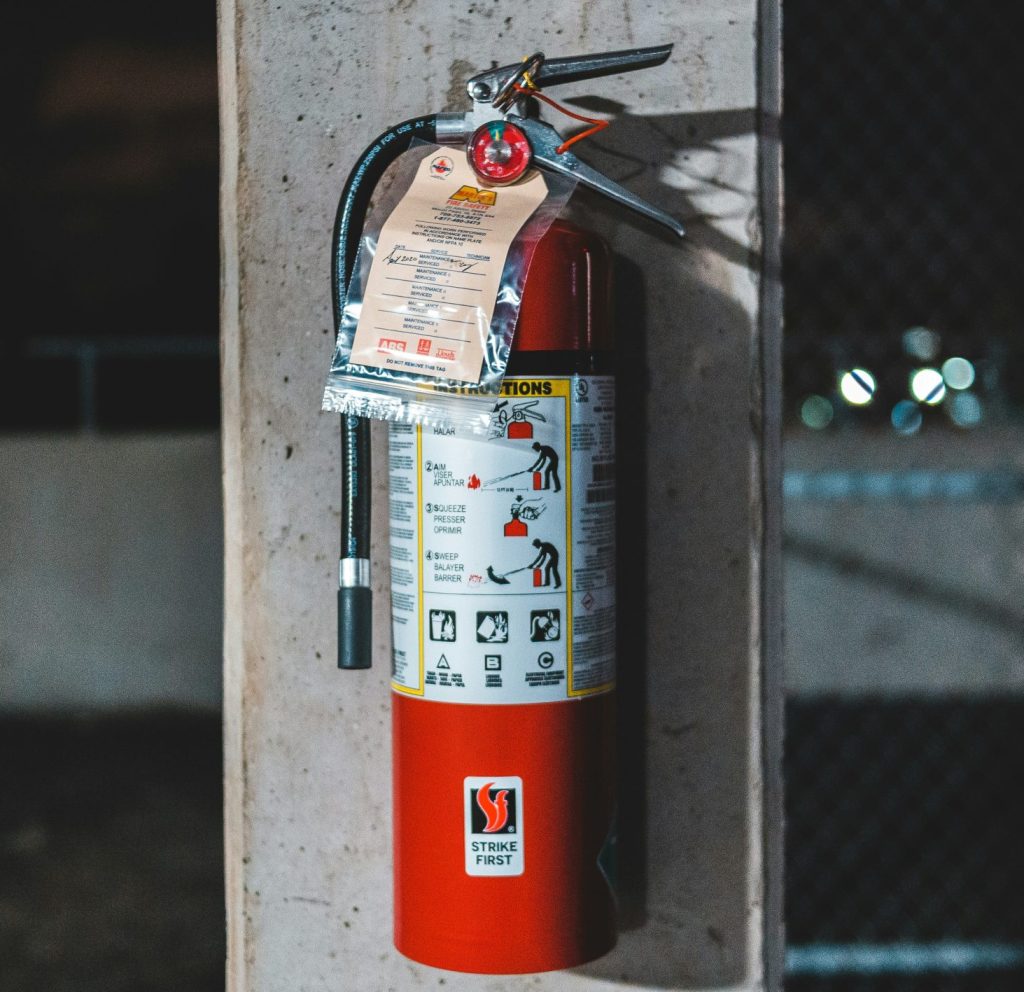Mold
When water infiltration has occurred in a building, either due to heavy rains, plumbing failures, or sewer backups, important steps must be taken to ensure the health and safety of individuals involved. Flood waters and residues may contain a broad range of potential hazards depending on the circumstances and location. Disease-causing organisms may be present, and chemical, biological or radioactive materials may become involved if the flood impacted a laboratory space. This information as well as the source of the water is critical information when making decisions on personal protective equipment and determining what materials may be salvaged and those that must be discarded.
Mold
Molds can be found almost anywhere; they can grow on any organic substance including wood, paper, carpet, foods, and insulation as long as moisture and oxygen are present. When moisture accumulates in buildings or on building materials, mold growth will often occur, particularly if the moisture problem remains undiscovered or unaddressed. Mold and mold spores cannot be completely eliminated in the indoor environment, but mold growth can be limited indoors by controlling indoor moisture.
When mold spores are present in large quantities, they can present a health hazard to humans, potentially causing allergic reactions and respiratory problems. Symptoms of mold exposure are:
|
|
Clean Up and Remediation Contacts
If your building has experienced a flood event or you suspect your building may have mold contamination, contact the following appropriate department to address the flood or mold problem:
| WHO TO CONTACT | WHAT THEY CAN DO |
| Facilities Service Center – (734) 647-2059 |
|
| Environment, Health & Safety EHSIndoorAirQuality@umich.edu |
|
| Risk Management – (734) 764-2200 |
|
Student Life Facilities:
|
|
Standard Operating Procedures, Guidelines, and Manuals
Supplemental Information
- Repairing Floors from Water Damage to Prevent Mold Growth
- Repairing Walls from Water Damage to Prevent Mold Growth
- Repairing Ceilings from Water Damage to Prevent Mold Growth
- Sewage Cleanup Guidelines





